
The primary reason car insurance is required is because of your liability, i.e., responsibility, for any damage you cause. Although you may carry optional comprehensive and collision coverage to cover your vehicle, the coverages required by most states' laws are bodily injury and property damage insurance. These coverages — through state-specific coverage limits — provide financial relief for victims of damages you cause in an accident.
THERE IS UP TO 30 CARRIERS
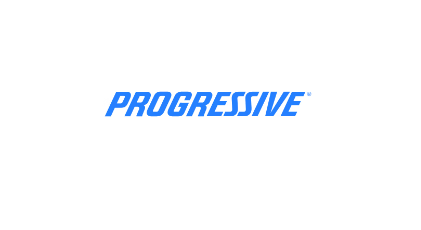
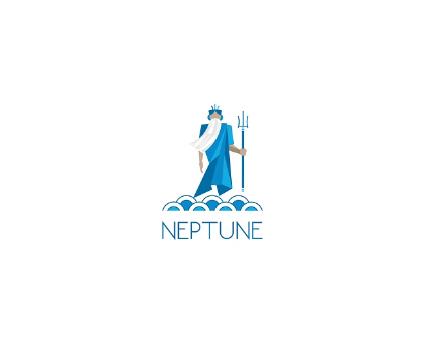
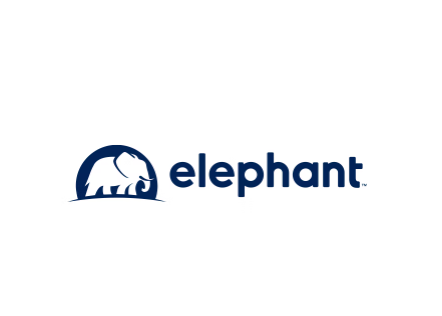
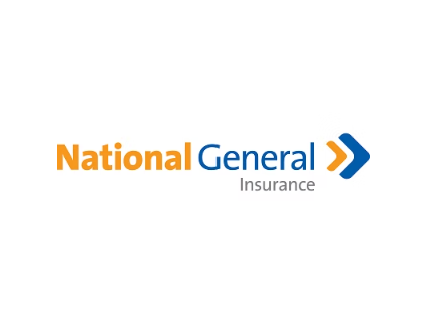


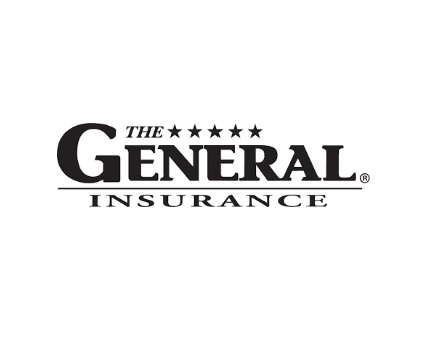



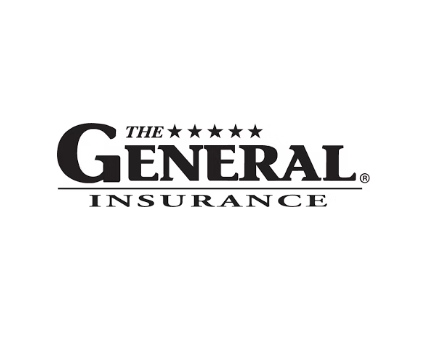
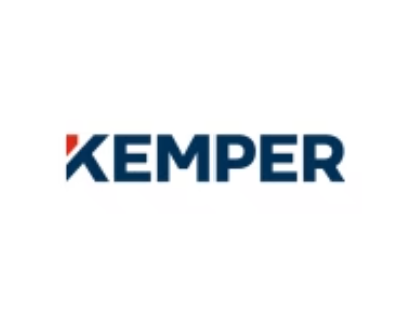
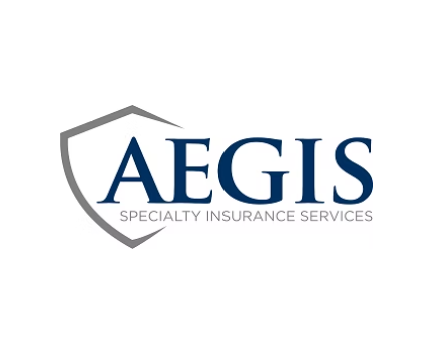

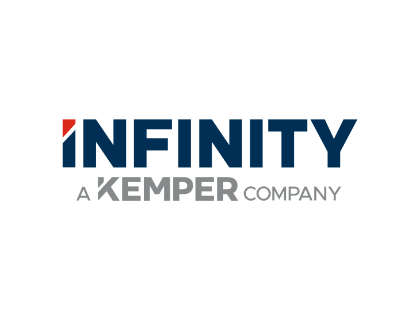
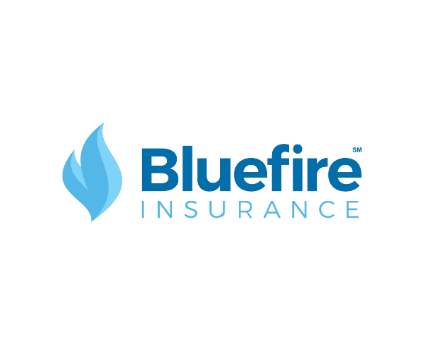
Liability insurance helps cover medical and legal fees if you're held legally responsible for someone else's injury, or damage to someone else's property
Remember, “full coverage” isn't an actual type of coverage, but a general term used to describe a policy that combines Liability, Comprehensive, and Collision coverages.
Uninsured/underinsured motorist insurance covers your injuries, your passengers' injuries, and damage to your vehicle if you're hit by a driver who doesn't have insurance
Stories and information to help you plan, prepare and protect
Most types of temporary rental vehicles are covered by personal auto policies. The coverage usually extends to U.S. territories, Puerto Rico and Canada. Recreational vehicles may require special coverage on your policy. Moving vans and similar vehicles are often excluded from coverage.
Request a quote and we will response to your quote